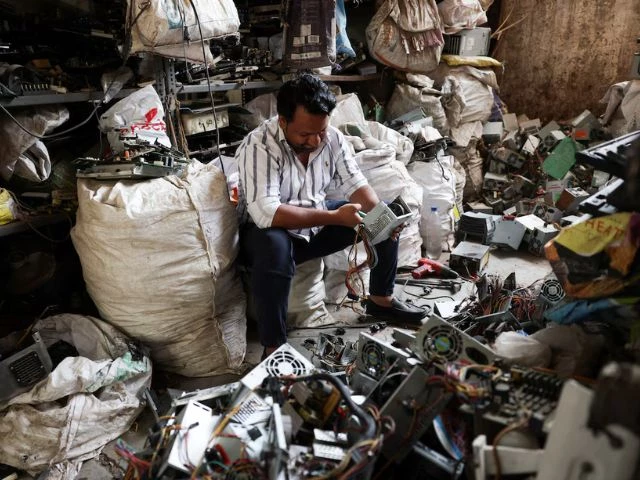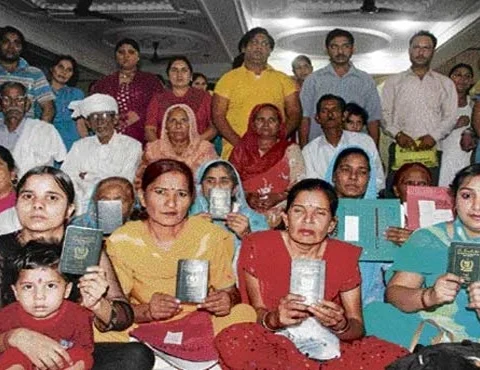Samsung, LG Challenge India’s E-Waste Recycling Price Rules in Court
South Korean electronics giants Samsung and LG have filed lawsuits against the Indian government, contesting new e-waste recycling regulations that require companies to pay recyclers a fixed minimum rate of $0.26 per kilogram.
Key Points:
-
Legal Challenge:
The cases, joined by Daikin, Voltas, Havells, and Blue Star, will be heard by the Delhi High Court on April 22. -
Policy Background:
The Indian government introduced the rule to formalize the informal e-waste sector, which currently handles only 43% of the country’s electronic waste.
India is the third-largest generator of e-waste globally, after China and the U.S. -
Industry Concerns:
-
LG’s 550-page filing criticized the mandate as an “enforcement failure,” arguing it unfairly penalizes companies without fixing issues in the informal sector.
-
Samsung’s 345-page filing claimed the rule could inflate compliance costs by 5–15 times, without offering real environmental benefits.
-
Companies argue that market forces, not fixed government prices, should determine recycling costs.
-
-
Previous Warnings:
Samsung had earlier raised concerns in a letter to Prime Minister Narendra Modi’s office about the financial strain from the mandated pricing. -
Government Silence:
The Ministry of Environment has not yet responded to the lawsuits. -
Mixed Industry Response:
Johnson Controls-Hitachi initially joined the lawsuit but later withdrew without explanation. -
Expert Opinions:
While experts believe the policy could attract investment and formalize the sector, critics warn that it may hurt business sustainability without solving core issues.
The legal battle between electronics manufacturers and the Indian government underscores the tension between environmental policy and business economics. As the Delhi High Court prepares to hear the case, the outcome could set a significant precedent for how developing countries regulate e-waste management in the digital age.






